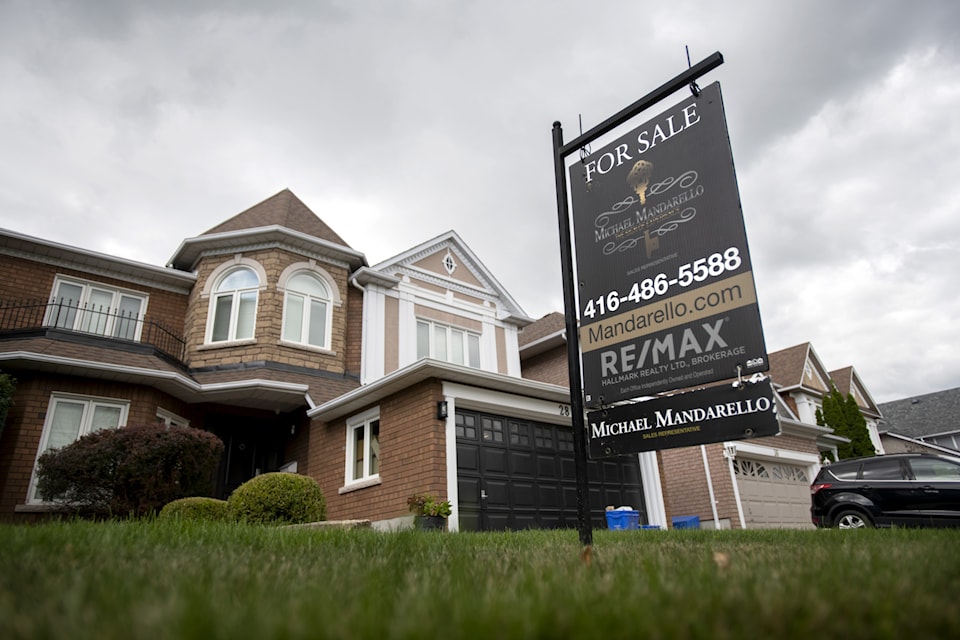With Canada’s housing affordability in a semi-catastrophic state that seems to be worsening as time goes on, it can seem easy to let go of plans of owning a house to call home.
The Canadian Real Estate Association (CREA) released an estimate predicting a 4.4 per cent average annual price increase in the residential market for 2025, up by 3.5 per cent from 2024.
Predictions aside, CREA’s nationwide price map shows the actual average cost of a Canadian home in October 2024 at almost $40,000 more expensive than it was a year prior.
These numbers are daunting. And because of the continuous rise in the price of homes, many Canadians who do not already own a home have come to think of it as an impossible feat.
Last September, Canadian real estate company Royal LePage released results from a survey of 2,280 adult Canadians, with data sourced by Hill & Knowlton.
Results showed that among those who do not own a primary residence of their own, 74 per cent say it is a priority. Of those, only 54 per cent believe it is a goal that can be realized.
However, young Canadians should not give up hope so easily. After all, this is not the nation’s first housing crisis.
Although it was generations in the past, Canada was host to a serious housing crisis following the return of troops and the arrival of displaced people after the Second World War.
The Canadian government currently has a plan to take inspiration from the past recovery in the market and follow the example in a modern format.
The government explains on its web page that the plan is dedicated to the concept that no Canadian should be without affordable housing, nor should more than 30 per cent of their income be dedicated to their shelter costs.
The first step outlined within this plan is the need to build more homes at a faster pace. A large aspect of this will be working with municipalities to improve their zoning and permit process to ensure the required infrastructure for construction and building code updates is in place.
The second step is to make it easier to rent or buy homes. Plans to make this a reality include new legislation to protect tenants, as well as extending mortgages to 30 years for first-time buyers.
This concept rolled out at the beginning of August 2024 and is helping first-time buyers secure lower monthly payments, albeit at a longer mortgage commitment.
The final step is to help Canadians who can't afford to buy. A significant part of this goal is launching new versions of the Rapid Housing Initiative and Co-operative Housing Development Program.
This final requirement of ensuring non-profit homes stay affordable is backed by the Housing Supply Mix Strategy on non-market housing report released in March by Toronto Metropolitan University and the University of Toronto.
This strategy highlights the affordability crisis’ relation to the fall of non-market housing, decreasing from 25 per cent of all Canadian construction in the 1970s to less than six per cent today.
There is a necessity for a private housing sector. However, the current almost entirely for-profit system does not yield the number of affordable homes Canada needs. This is by design, as every neo-liberalist market requires an outlier which cannot afford to enter it.
The full plan is intended to be rolled out at separate intervals in the coming years. The full breakdown of the conceptualized plan, which has started to see the light of day, can be read on Canada’s Housing Plan page on the Government of Canada’s site.
Although we’ve seen prices skyrocket in the past few years, there may yet be hope for the future.



